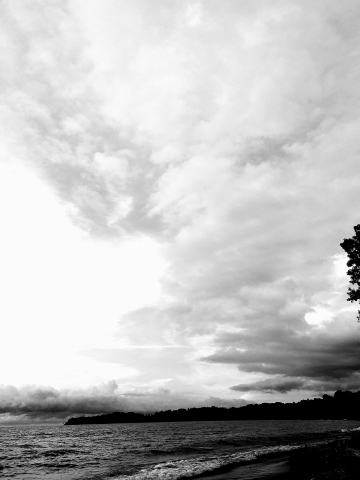
75 years ago today, the USA dropped the first nuclear bomb ever used in conflict on Hiroshima, Japan, during World War II. Three days later, the they dropped the last nuclear bomb used in conflict on Nagasaki, Japan. The resulting carnage and immediate deaths of up to 210,000 people were just too horrifying and indescriminate ever to justify again. But today, after over four decades of controlling and reducing nuclear arsenals, the USA is cancelling or letting nuclear non-proliferation treaties expire, and budgeting $1 trillion for new nuclear weapons.
This is an urgent, global political crisis. After escalating to a height of 63,476 global nuclear warheads in 1986, the current arsenal, 12,170 in 2020, according per the Bulletin of the Atomic Scientists of the Federation of American Scientists — is enough to destroy the world many times over. So why do we need more?
We don't. William J. Perry, who served as Secretary of Defense in the Clinton Administration and Tom Z. Collina, Director of policy at Ploughshares Fund, argue that there is no one we can trust with the "nuclear button," and its use currently rests solely with President Trump in the USA. Nuclear armaments don't make the world safer, instead they make it much more dangerous, at great expense. Their new book, “The Button: The New Nuclear Arms Race and Presidential Power from Truman to Trump," explores the history of the bomb, and current worrying trends. In an opinion editorial published on CNN this week, Perry and Collina warn, "Seventy-five years after Hiroshima and Nagasaki, we are heading in the wrong direction. It is time for the American public to care about nuclear war -- again. If we do not, our leaders will not. If we do not end The Bomb, The Bomb will end us."
"If we do not end The Bomb, The Bomb will end us." -- William J. Perry and Tom Z. Collina
During the global coronavirus pandemic and climate change crisis, why isn't the $1 trillion being invested in healthcare, the social safety net, sustainable energy and global justice and diplomacy instead? Or to racial justice in America, for that matter? There are many positive ways to invest this money for good, rather than in armaments that are too dangerous to use, because starting a nuclear conflict will destroy lives, cities, infrastructure immediately, and poison land, air and water for decades to come. Furthermore, it makes no economic sense. Every $1 invested in conflict prevention saves $16 in post-conflict reconstruction and interrupted agricultural and economic activities. We cannot afford war, so why waste billions of dollars preparing for it? Millions of dollars invested in preventing it are much better spent.
We, the citizens of the earth and members of the one global family, need to tell our politicians to invest in peace, not war, before it's too late.
Take action:
- Spend a moment of reflection and prayer for the lives lost in Hiroshima, Nagasaki, and all wars. Pray for people to learn to seek peace through peaceful means.
- Contact your elected representatives and ask them to invest in peace, not war - especially to protect and expand the gains diligently won in nuclear disarmament.
- Sign World Beyond War's Peace Pledge to invest in just, sustainable peace instead of wars and militarism. Then review their website for suggested activities and local chapters.
- Review the Hiroshima Peace Memorial Museum's Peace Database for informative testimonies, videos, photos and books.
- Read The Button: The New Nuclear Arms Race and Presidential Power from Truman to Trump.
- Log in to post comments
